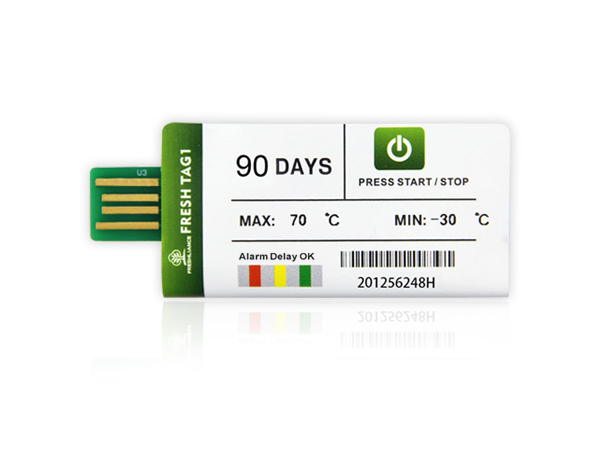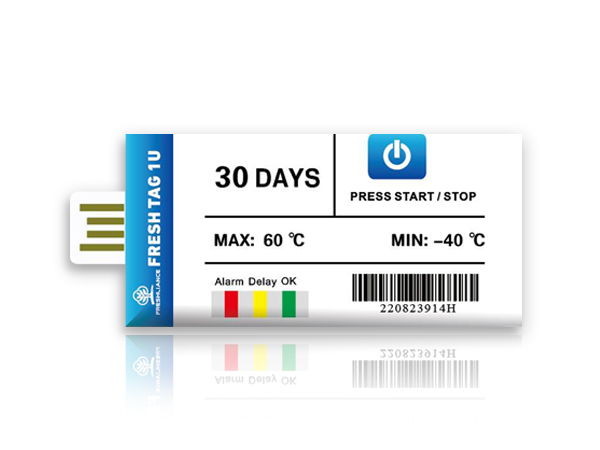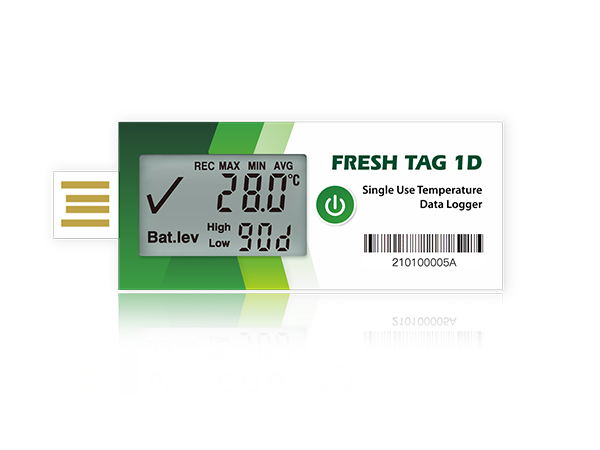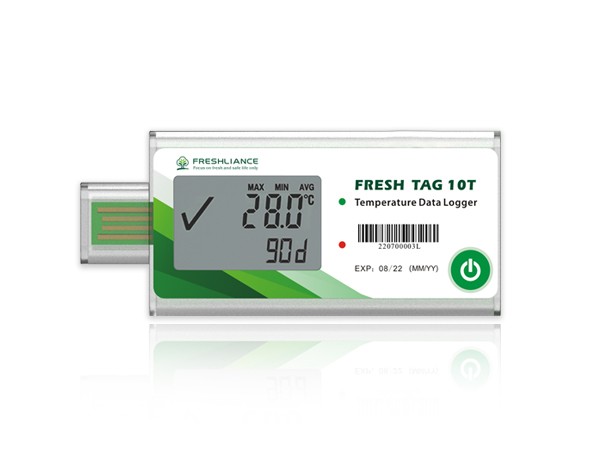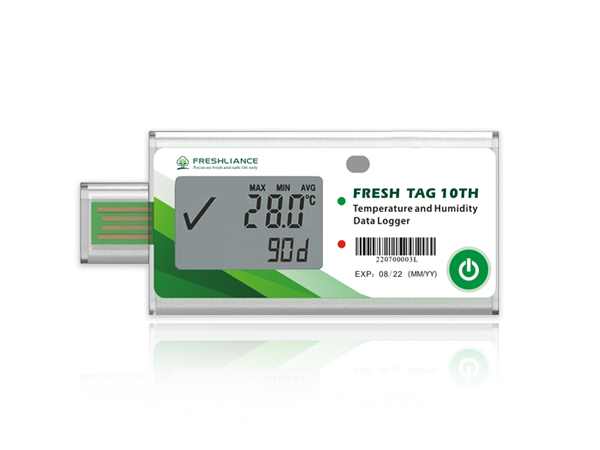In vitro diagnostic reagents are reactive products used in laboratories for testing. They mainly comprise diagnostic reagents, calibration materials and control materials. In vitro diagnostic reagents are a special type of drug and medical device, but their logistical requirements are not exactly the same as those of drugs and medical devices.
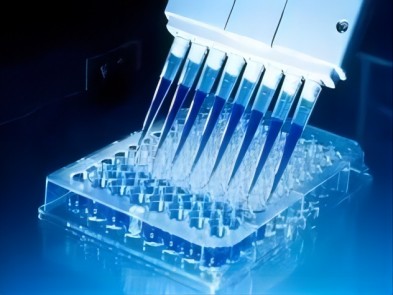
Most in vitro diagnostic reagents contain enzymes, antigens or antibodies and other biologically active substances, which are highly sensitive to inactivation at elevated temperatures. Consequently, the transport and storage of in vitro diagnostic reagents must be subject to strict temperature control, and should generally be transported at temperatures such as 2-8℃ or -20℃, to ensure that the entire cold chain (This term is used to refer to a series of equipment and their transfer process to ensure that they are maintained at the specified refrigerated temperature conditions during storage, transport and use). To ensure stable reagent quality, every link in the chain from production to use must meet the requirements of cold chain management, and proper cold chain transport can guarantee the accuracy and efficacy of in vitro diagnostic reagents.
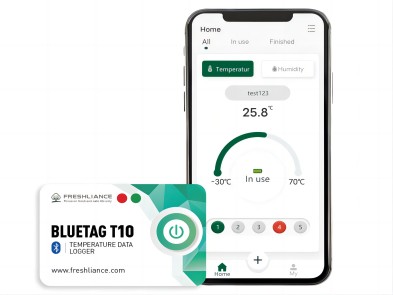
Intelligent management and control of the overall temperature is an important guarantee of the professionalism of the in vitro diagnostic cold chain. The Blue Tag T10 Bluetooth temperature data logger is small in size. It's easy to connect and use. All parameters can be set via the cell phone application. This wireless HACCP temperature sensor can also be connected indefinitely. One sensor can be connected to an unlimited number of users on an unlimited number of Android phones. The app can support an unlimited number of sensors, limited only by the phones. Bluetooth connection via the app, you can scan the code to read the temperature data through the app on your phone. The HACCP temperature data logger complies with CE and RoHS standards, as well as EN12830 and HACCP temperature guidelines and requirements.

 English
English Español
Español Русский
Русский Français
Français Deutsch
Deutsch عربي
عربي 中文
中文